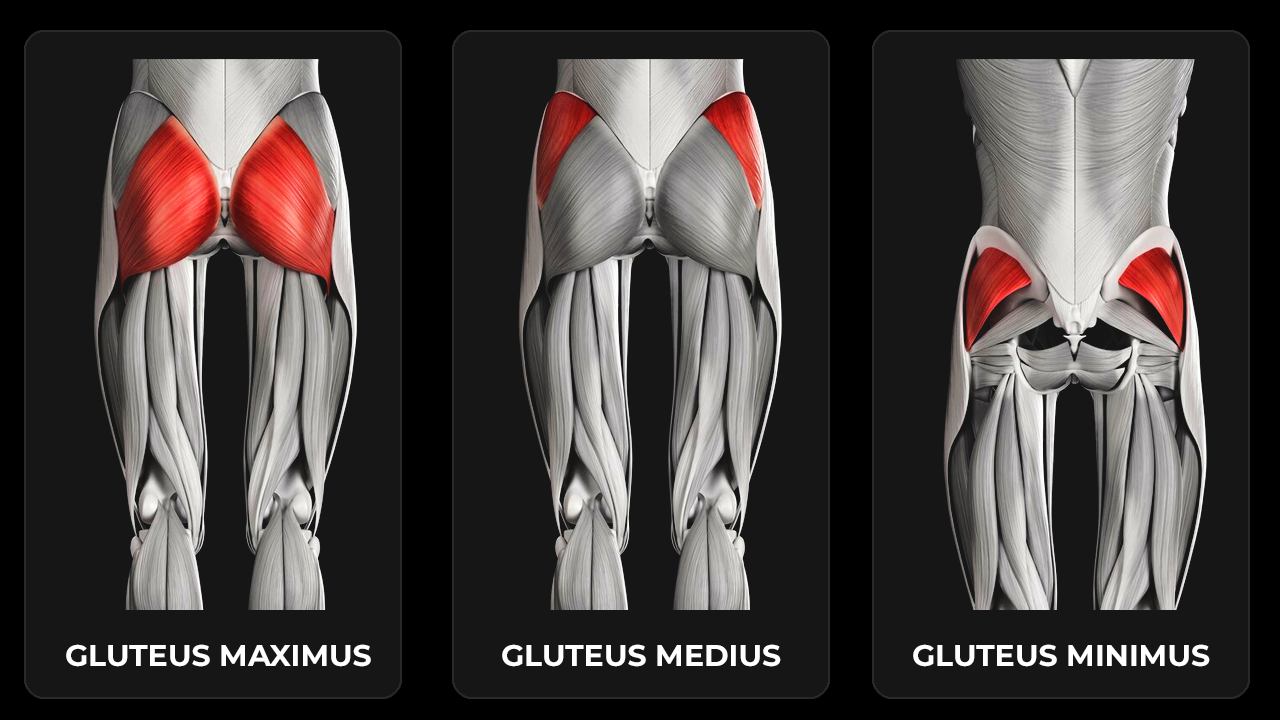In the pursuit of well-being, ancient wisdom often holds the key to holistic health. WellHealth’s Ayurvedic Health Tips offer a pathway to balance and vitality, drawing from the timeless principles of Ayurveda. In this article, we delve into the essence of WellHealth’s Ayurvedic approach, exploring its guiding principles, practical applications, and transformative potential for modern lifestyles.
Understanding WellHealth’s Ayurvedic Health Tips:
WellHealth’s Ayurvedic Health Tips serve as a roadmap to harmony and balance, aligning mind, body, and spirit with the rhythms of nature. Rooted in Ayurvedic philosophy, these tips emphasize the importance of personalized wellness, mindful living, and preventive care.
By incorporating Ayurvedic principles into daily life, individuals can optimize their health and vitality while fostering a deeper connection with themselves and the world around them.
Read More:Unveiling the Assurance of WellHealthOrganic Buffalo Milk Tag
The Pillars of Ayurveda:
At the core of WellHealth’s Ayurvedic Health Tips lie the foundational principles of Ayurveda, a holistic system of medicine that originated in ancient India. These principles include understanding one’s unique mind-body constitution or “dosha,” maintaining balance through proper diet and lifestyle choices, and utilizing natural remedies to support health and well-being.
By honoring these pillars, individuals can cultivate resilience, vitality, and longevity in today’s fast-paced world.
Practical Applications for Modern Living:
WellHealth’s Ayurvedic Health Tips offer practical guidance for navigating the complexities of modern life while staying true to Ayurvedic principles. From dietary recommendations and lifestyle practices to herbal remedies and self-care rituals, these tips provide actionable steps for promoting health and preventing disease.
Whether it’s incorporating warm, nourishing foods in winter or practicing mindfulness and meditation to reduce stress, WellHealth’s Ayurvedic Health Tips offer solutions that are accessible and relevant to contemporary lifestyles.
Mind-Body Balance and Wellness:
Central to Ayurvedic philosophy is the concept of mind-body balance as the foundation of wellness. WellHealth’s Ayurvedic Health Tips emphasize the importance of nurturing both physical and mental well-being through practices such as yoga, meditation, and pranayama (breathwork). By cultivating awareness and presence, individuals can harness the innate healing power of the mind-body connection, fostering resilience, and inner peace amidst life’s challenges.
Nutrition and Digestive Health:
WellHealth’s Ayurvedic Health Tips place a strong emphasis on the role of nutrition in promoting health and vitality. Following Ayurvedic dietary principles, such as eating according to one’s dosha and favoring whole, seasonal foods, individuals can support optimal digestion, metabolism, and nutrient absorption.
By fostering a healthy relationship with food and honoring the body’s natural intelligence, individuals can nourish themselves from the inside out, promoting overall well-being and vitality.
Holistic Wellness for All:
WellHealth’s Ayurvedic Health Tips are not reserved for a select few but are accessible to all who seek balance and vitality in their lives.
Whether young or old, healthy or facing health challenges, everyone can benefit from incorporating Ayurvedic principles into their daily routines. WellHealth’s Ayurvedic Health Tips offer a roadmap to wellness that is inclusive, empowering individuals to take charge of their health and reclaim their natural state of balance and vitality.
Conclusion:
In conclusion, WellHealth’s Ayurvedic Health Tips offer timeless wisdom for modern living, guiding individuals on a journey of holistic wellness and self-discovery.
By embracing Ayurvedic principles of balance, mindfulness, and preventive care, individuals can cultivate resilience, vitality, and inner peace in today’s fast-paced world.
WellHealth’s Ayurvedic Health Tips invite everyone to embark on a journey of self-care and transformation, reclaiming their inherent capacity for health and well-being.



